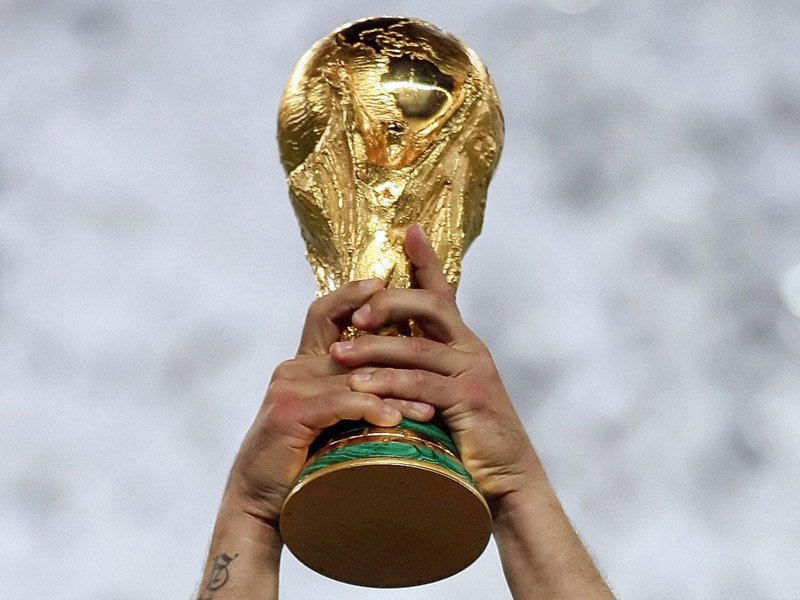Sports Marketing is a funny old game at the moment.
It often feels that most sport exists in a bubble that the
austerity of the current economic climate can’t penetrate. Whilst much of the
UK exists in a world of benefit cuts, unemployment and wage freezes English
Premier League clubs set a record spend of £630m in the last transfer window (a
huge £130m more than the previous high of 2008). Whilst in Spain (a country
that is currently dealing with an unemployment rate of 26.3%) Real Madrid broke
the world transfer fee record by paying £85m for one player.
Given all that you might think that it’s business as usual if
you’re a brand that does or is planning to align yourself with sporting icons
or events. However, if you don’t take a more global view then you might find
yourself facing a spell in the sin bin
Whilst the London Olympics ended up a roaring success and
creating a genuine feel-good factor across most of the UK, the build-up was
significantly more acrimonious. The average vox-pop from the street captured a
mood of disenfranchisement and anger that, at a time when people were
struggling to pay their mortgages, the UK government was spending £105m building
a velodrome in an area of East London that seemed to require more pressing
improvements to its infrastructure than an indoor cycling facility.
Fast forward a year and the countdown to the World Cup in
Rio is on and if you thought Londoners were a might tetchy about the cost of
the Olympics then in Brazil (which is hosting the same event in 3 years’ time)
the atmosphere is downright hostile. During the recent Confederations Cup the Brazilian
President was booed so vociferously during the opening ceremony that she stayed
away from the final. On the streets outside the Maracana, during the final of
the tournament, some 5,000 people took to the streets to protest as riot police
deployed tear gas and stun grenades.
This growing social unrest in Brazil is not going to go away
anytime soon and should at least be food for thought (if not cause for concern)
for those brands banking on their World Cup associations there. As Jerry Clode,
founder of Sao Paulo based consultancy House of Jezmo, points out “A year out from the 2010 tournament in South Africa,
brands such as Castle Lager and BP were effortlessly leveraging local pride and
excitement. The situation in Brazil is far less rosy” Brands
are going to have to decide how they want to be perceived and it may involve
taking risks that they wouldn’t usually consider. Do they align themselves with
the desire for change and thereby politicise their brand in a way that most
global marketing departments avoid like the plague? Or do they ignore what’s
going on and risk being viewed as complicit purely by inaction?
Whatever happens,
it’s going to make for some interesting conversations in the marketing
departments of some global powerhouse brands and I for one am looking forward
to seeing how they react.

0 comments:
Post a Comment